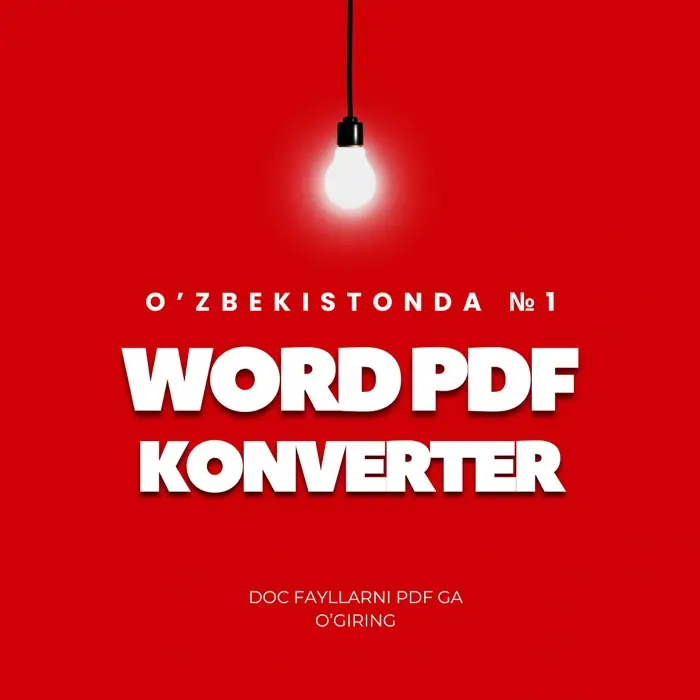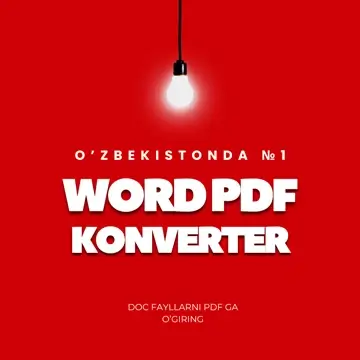
Joylangan
13 Oct 2024 | 11:01:33
Bo'lim
Dinshunoslik
Fayl formati
zip → doc
Fayl hajmi
17.63 KB
Ko'rishlar soni
44 marta
Ko'chirishlar soni
3 marta
Virus yo'q.
VirusTotalda tekshirilgan
O'zgartirgan san'a:
28.03.2025 | 00:42
Arxiv ichida: doc
Joylangan
13 Oct 2024 [ 11:01 ]
Bo'lim
Dinshunoslik
Fayl formati
zip → doc
Fayl hajmi
17.63 KB
Ko'rishlar soni
44 marta
Ko'chirishlar soni
3 marta
Virus yo'q.
VirusTotalda tekshirilgan
O'zgartirish kiritilgan:
28.03.2025 [ 00:42 ]
Arxiv ichida: doc



